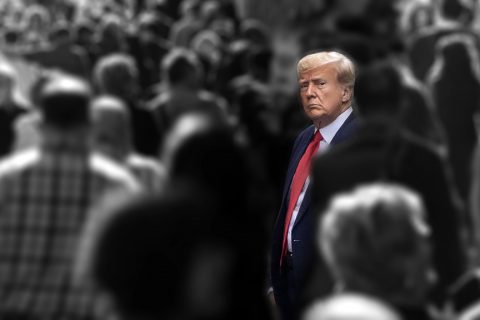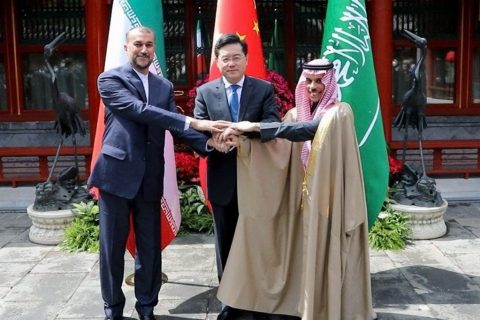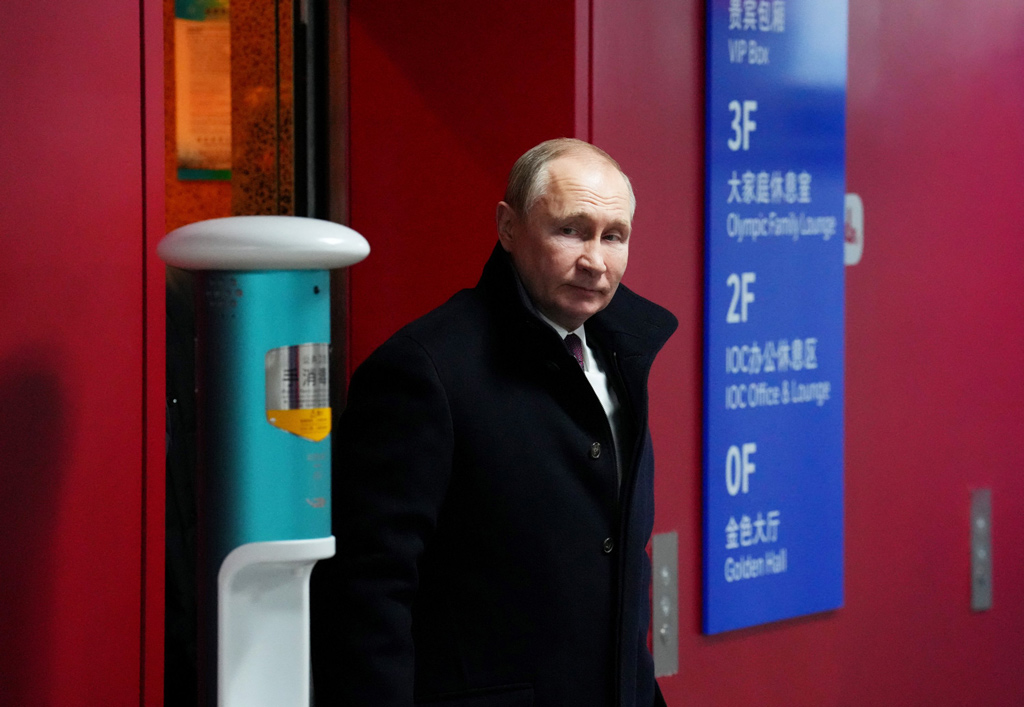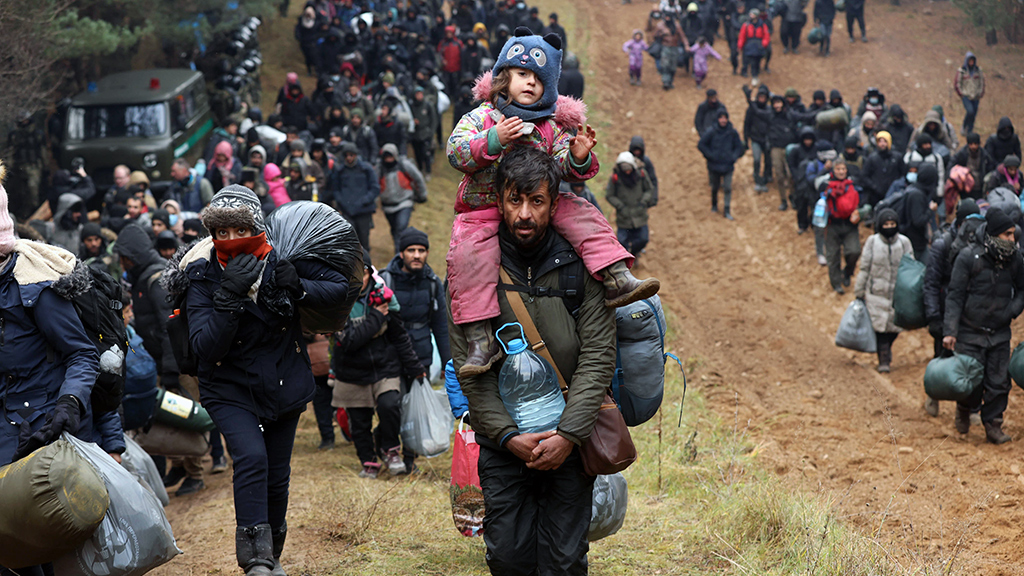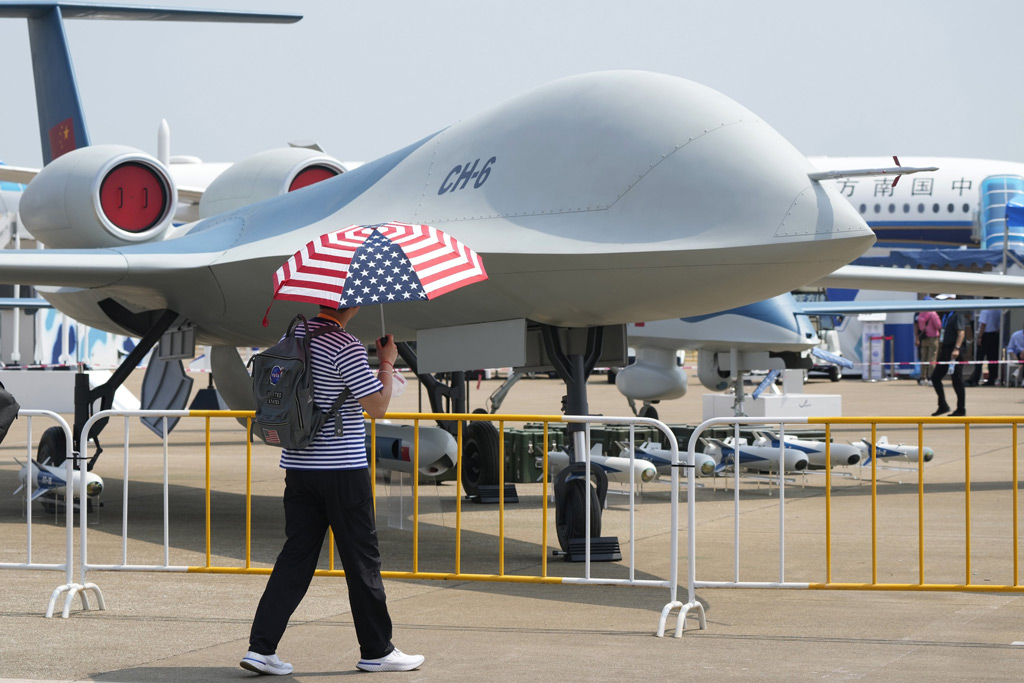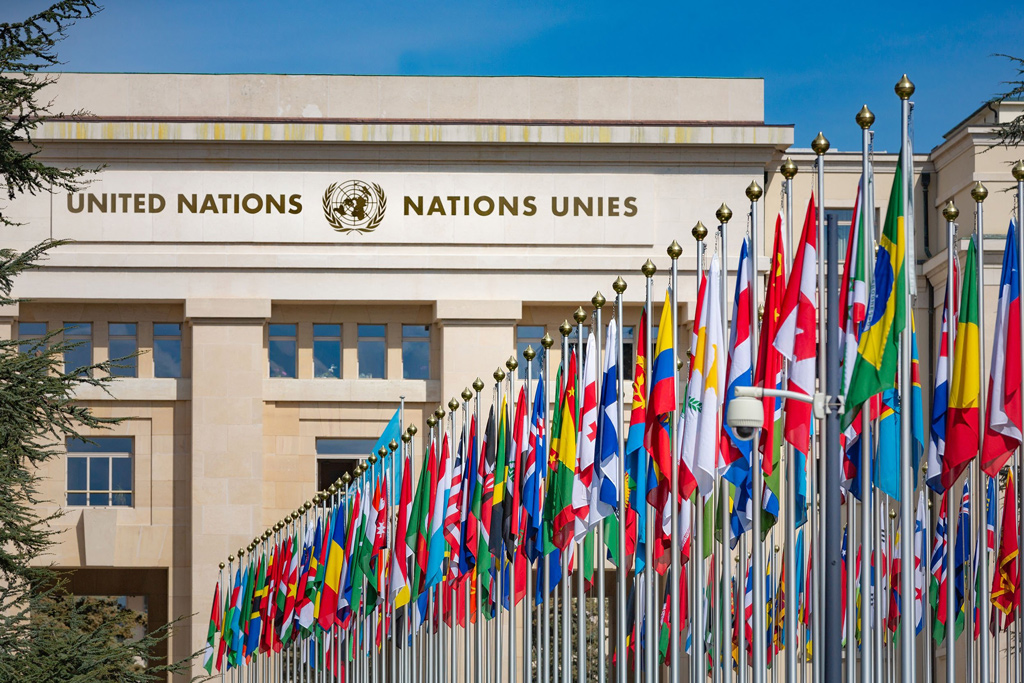Global Hegemony

Trump, NATO, and American global leadership
| OpinionThe remarks made by Trump, who is widely expected to run for president as the …
-
Opinion
Trump, NATO, and American global leadership
By Kadir ÜstünThe remarks made by Trump, who is widely expected to run for president as the Republican Party candidate, regarding NATO once again underscored how fragile America's claim to global leadership is. Trump threatened to pressure certain NATO member countries to increase their military spending or face consequences. By stating that Russia could do whatever it wants with these countries, Trump escalated his anti-NATO rhetoric to new heights during his presidency. Trump's longstanding questioning of the concept of collective defense by the United States and his failure to protect a NATO member country practically spells the end of this military alliance. The loss of the deterrent effect of NATO's Article 5-based collective defense concept would not only undermine the alliance's guarantees but also signify the end of America's leadership within the Western alliance. As America engages in a global power struggle with Russia and China, it will become increasingly difficult for the country to conduct this struggle within the Western alliance without establishing unity.
-
Opinion
Playing old politics in the new game is dangerous
By Muhittin AtamanThe world system has undergone a large-scale transition for the last two decades. The ultimate victory of the United States declared after the collapse of the Soviet Union in 1991 lasted only for a decade. In spite of giving an effective answer to the Sept. 11 terrorist attacks, the U.S. has been unable to maximize its national interests at the global scale and provide international peace and stability.
-
Opinion
Shifting dynamics in the Middle East: Is the West losing ground?
By Muhittin AtamanAlthough the Western-American global hegemony is obsolete, no non-Western state wants to claim the global hegemony, mainly due to the burden and responsibility that comes with this claim.
Bu Konuda Daha Fazla
-
Putin uses West’s obstacles as strategic card
By Burhanettin DuranSeeking to curb Western moves, the Russian leader is ramping up talks with China and Turkey amid the Ukrainian tension
-
Experts Respond: Struggle for Spheres of Influence Regaining Momentum...
By Yaşar Sarı By Vişne Korkmaz By Magdalena Kumelska-Koniecko By Muhammed Koçak By Gloria Shkurti Özdemir By Oktay F. TanrıseverVarious developments in Europe’s eastern front have started to attract the attention of...
-
Western global strategy: Patience or blindness?
By Muhittin AtamanThe lack of rational policies and well-calculated road maps alienate the Western powers from allies and neutral countries
-
Global leadership crisis: The U.S. hegemony vs. China
By Muhittin AtamanThe U.S. is no longer on the throne as the world's sole superpower. Although the country tried to take measures against the strong rise of China, even U.S. allies have begun to establish close ties with China
-
Crisis deepens in the international system and United Nations
By Muhittin AtamanWe are living in an age of crisis, with the world's economic and political system more complicated than ever due to the unfair actions of the U.N. and U.S.
